Isabelle Faust, Alexander Melnikov - Franck: Violin Sonata; Chausson: Concert (2017) [Hi-Res]
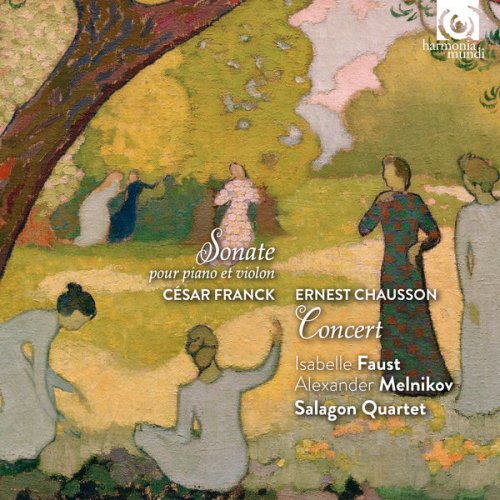
Artist: Isabelle Faust, Alexander Melnikov
Title: Franck: Violin Sonata; Chausson: Concert
Year Of Release: 2017
Label: harmonia mundi
Genre: Classical
Quality: 24bit-96kHz FLAC (tracks+booklet)
Total Time: 01:07:10
Total Size: 1.22 GB
WebSite: Album Preview
Tracklist:Title: Franck: Violin Sonata; Chausson: Concert
Year Of Release: 2017
Label: harmonia mundi
Genre: Classical
Quality: 24bit-96kHz FLAC (tracks+booklet)
Total Time: 01:07:10
Total Size: 1.22 GB
WebSite: Album Preview
César Franck (1822-1890)
Sonata for Piano and Violin in A Major, FW 8
1 I. Allegro ben moderato
2 II. Allegro
3 III. Recitativo fantasia. Ben moderato
4 IV. Allegro poco mosso
Ernest Chausson (1855-1899)
Concert for Violin, Piano and String Quartet in D Major, Op. 21
5 I. Décidé
6 II. Sicilienne
7 III. Grave
8 IV. Finale. Très animé
Personnel:
Isabelle Faust (violin)
Alexander Melnikov (piano)
Regular chamber partners Isabelle Faust and Alexander Melnikov, playing on period instruments, shine new light on two major works of chamber music written at the dawn of the 20th century.
The 'Sonata' is Franck’s most frequently played and recorded work. Premiered by Eugène Ysaÿe, in Brussels on 16 December 1886, a judge as shrewd as Alfred Cortot was lucid enough to make an arrangement for solo piano. Since then it has been transcribed for nearly every instrument on the planet and is a permanent staple of the repertoire.
Although it is devoid of passages in double stopping or pizzicato, the violin part, replete with treacherous chromatic twists and turns, nonetheless poses formidable difficulties of intonation.
Franck's influence on Ernest Chausson's 'Concert' is unmistakable. A late-Romantic hybrid, the work blends elements of piano and string quintet styles and here regains a freshness which delicately illuminates, in the hands of Faust and Melnikov. Completed a year after the Symphony in B flat, and again written for Ysaÿe, the 'Concert' asserts its roots in the heritage of Rameau and Couperin, thus foreshadowing Debussy’s 'Hommage à Rameau' (1905) and Ravel’s 'Le Tombeau de Couperin' (1917).
The 'Sonata' is Franck’s most frequently played and recorded work. Premiered by Eugène Ysaÿe, in Brussels on 16 December 1886, a judge as shrewd as Alfred Cortot was lucid enough to make an arrangement for solo piano. Since then it has been transcribed for nearly every instrument on the planet and is a permanent staple of the repertoire.
Although it is devoid of passages in double stopping or pizzicato, the violin part, replete with treacherous chromatic twists and turns, nonetheless poses formidable difficulties of intonation.
Franck's influence on Ernest Chausson's 'Concert' is unmistakable. A late-Romantic hybrid, the work blends elements of piano and string quintet styles and here regains a freshness which delicately illuminates, in the hands of Faust and Melnikov. Completed a year after the Symphony in B flat, and again written for Ysaÿe, the 'Concert' asserts its roots in the heritage of Rameau and Couperin, thus foreshadowing Debussy’s 'Hommage à Rameau' (1905) and Ravel’s 'Le Tombeau de Couperin' (1917).
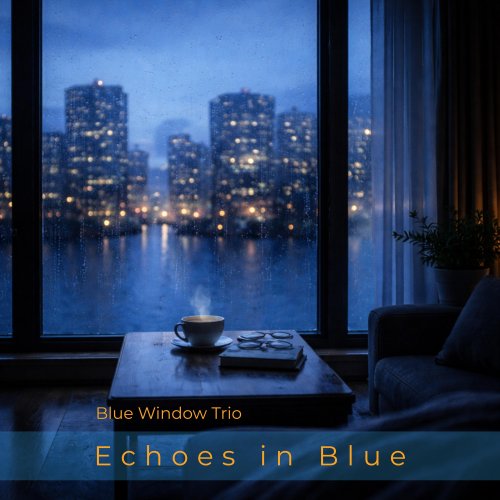
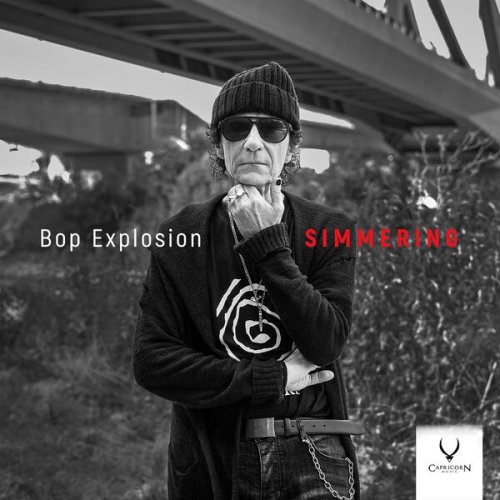
![Dominique Fils-Aimé - My World Is The Sun (2026) [Hi-Res] Dominique Fils-Aimé - My World Is The Sun (2026) [Hi-Res]](https://www.dibpic.com/uploads/posts/2026-02/1771404623_folder.jpg)
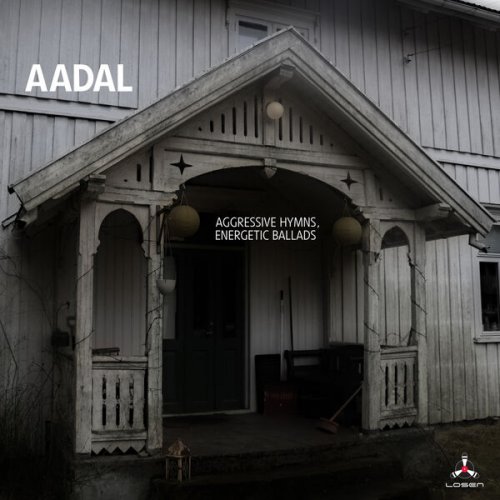
![David Hillyard & The Rocksteady Seven - Home For Dinner (2026) [Hi-Res] David Hillyard & The Rocksteady Seven - Home For Dinner (2026) [Hi-Res]](https://img.israbox.com/img/2026-02/19/i90pm6wt5icib19ylzpzq7dyv.jpg)
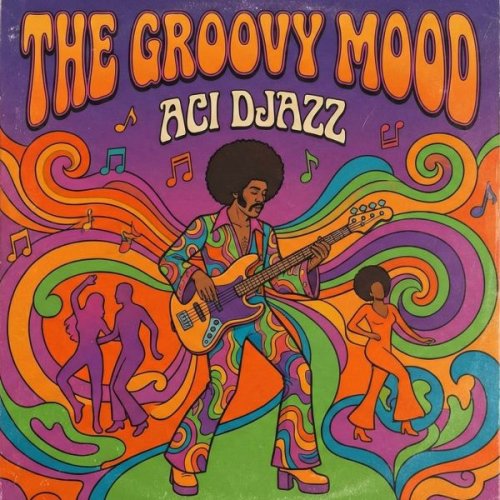
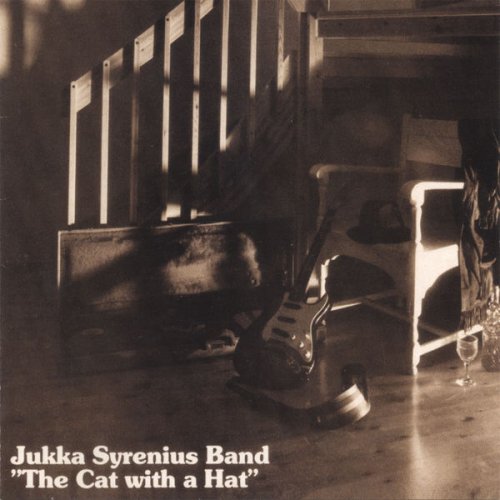
![Meinild/Anderskov/Tom - Spectral Entanglements (2023) [Hi-Res] Meinild/Anderskov/Tom - Spectral Entanglements (2023) [Hi-Res]](https://www.dibpic.com/uploads/posts/2026-02/1771491474_hl116k2q9n24a_600.jpg)
![Martin Fabricius & Chris Lavender - The Speed of Why (2010) [Hi-Res] Martin Fabricius & Chris Lavender - The Speed of Why (2010) [Hi-Res]](https://www.dibpic.com/uploads/posts/2026-02/1771254824_cover.jpg)